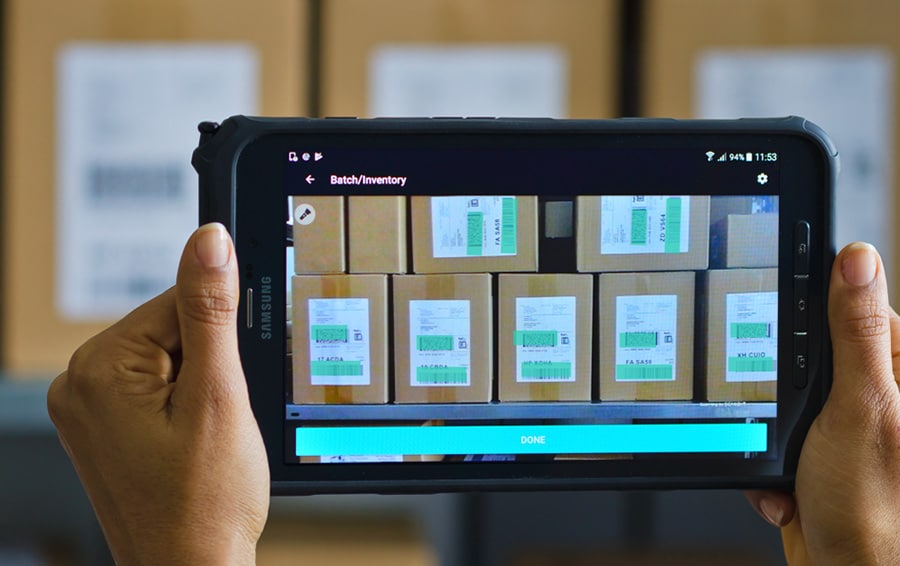More than half of European retailers (58.7%) either already offer, or are working on deploying self-scanning options such as Scan and Go to consumers shopping in-store (37.9% and 20.8% respectively). This is according to new research from Scandit, the leading enterprise technology platform for mobile computer vision and augmented reality (AR). The majority (68.1%) of retailers believe the availability of Scan and Go shopping is giving customers the confidence to return to physical stores post COVID lockdowns.
Based on a new independent survey of 116 established retailers across Europe, the findings reveal the extent to which self-scanning technology, which allows customers to scan and bag items while shopping, and self-checkout, is establishing a foothold during the pandemic.
How are consumers responding to Scan and Go?
Overall, more than half (56.8%) of respondents agree that more customers prefer app-based smartphone solutions for self-scanning shopping, rather than legacy dedicated handheld scanners. A similar proportion (59.5%) cite increased demand from customers wanting to use the technology to access more product information to help them make more conscious purchase choices.
Developments in augmented reality (AR), for example, enable customers to quickly find the specific product they are looking for on the shelf. At the same time, retailers can show discounts on top of products within the app display. More than a third (36.3%) of Scan and Go retailers also report increases in the basket sizes of self-scanning customers, while 27.3% say they have experienced increases in its usage since the start of the pandemic.
Those who already offer self-scanning cite the ability to reduce contact with staff and other shoppers due to reduced touchpoints as the main reason for self-scanning becoming more mainstream, and engaging customers in the broader shopping experience and saving time queuing at checkouts for convenience.
“Contactless retail was already becoming a trend before the pandemic – now it’s the new reality. Since COVID-19, some of our grocery customers have seen the number of mobile app-based Scan and Go transactions in their stores double or more,” said Samuel Mueller, CEO of Scandit.
“At the best of times, shoppers prefer not to have to queue at the checkout, and the ability to quickly grab what they need and get on with the rest of their day is appealing. The simplicity and speed of mobile self-scanning on a customer’s own smartphone makes this possible while maintaining distance from others, providing added confidence when shopping. These research findings point towards a steep acceleration in demand for exactly this type of experience,” he added.
Self-scanning a priority for retailers
Retailers are also looking at technologies to accelerate the expansion of their omnichannel capabilities and meet consumer demand. Almost half (45.4%) of self-scanning retailers already offer downloadable shopping apps to customers. The investment priorities among these retailers are to scale and promote new click and collect services (45.4%) and deploy services across a broader range of digital channels (38.6%) and to enhance their current apps (34.1%).
Among retailers who are yet to offer self-scanning, enhancing current apps was at the top of the priority list for technology investment (36.1%), followed by click and collect (27.8%) and deploying new digital channels and implementing in-store automation (both 25%). A sizeable proportion of retailers who have not already deployed self-scanning are already working on deploying it or considering doing so (33.3%).
“Retailers that already had a contactless approach in place had a significant advantage when COVID-19 hit. This has prompted many more retailers to either begin to implement new Scan and Go solutions or enhance what they already offer, confirmed by the response to this latest survey. We have seen this demand first-hand, working with several retailers to deploy new contactless mobile solutions during the past year. With the hope of footfall increasing as we move further into 2021, consumers will have become more familiar with the expanded world of self-scanning, click-and-collect, curbside pickup, and home delivery so we expect this trend to continue,” said Mueller.






